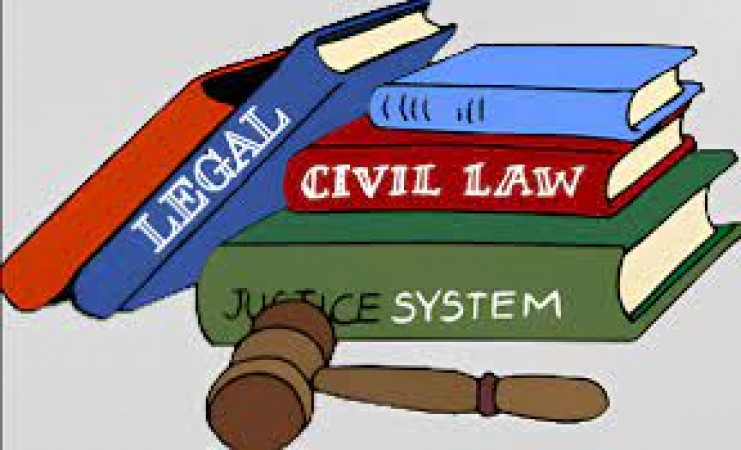
The judiciary plays a vital role in any democratic society, interpreting laws and ensuring justice is served. However, it is not immune to scrutiny, and there have been instances where disputes arise over its decisions. These disputes can raise questions about the independence, transparency, and accountability of the judiciary. This article delves into the reasons behind disputes on judiciary decisions and explores ways to address and resolve such issues.
Understanding the Role of Judiciary
The judiciary acts as the guardian of the constitution and upholds the rule of law. It serves as a check on the other branches of government, ensuring that their actions align with constitutional principles. The independence of the judiciary is paramount to maintain a fair and just legal system.
The Need for Independent Judiciary
Importance of Checks and Balances
An independent judiciary provides a system of checks and balances, preventing any one branch of government from becoming too powerful. This separation of powers is essential to safeguard democracy and protect citizens' rights.
Judicial Independence and Fairness
Judges must be impartial and free from any external pressures. Judicial independence guarantees fairness in legal proceedings and allows judges to make decisions based solely on the facts and the law.
The Nature of Disputes on Judiciary Decisions
Public Perception and Controversies
Public perception of judicial decisions can lead to disputes. When people disagree with verdicts, it may erode their trust in the judicial system and lead to debates and controversies.
Impact on Judicial Legitimacy
Frequent disputes on judiciary decisions can challenge the legitimacy of the entire institution. It becomes crucial to address such concerns to maintain public trust in the judiciary.
Factors Influencing Disputes on Judiciary Decisions
Political Influence and Bias
Political interests can influence the judiciary's decisions, which may lead to disputes and allegations of bias. This interference can undermine the integrity of the judicial process.
Media and Public Opinion
The media and public opinion play a significant role in shaping the narrative around judicial decisions. Misinformation or incomplete reporting can fuel disputes and create unwarranted mistrust.
Judicial Transparency and Accountability
Transparency in the functioning of the judiciary is essential to build public confidence. It involves making court proceedings and decisions accessible to the public while protecting sensitive information.
Balancing Judicial Independence and Accountability
Ethical Considerations
Ensuring judicial accountability must be done without compromising the independence of judges. Implementing ethical guidelines can help prevent abuses of power.
Disciplinary Mechanisms
Establishing robust disciplinary mechanisms for judges who breach ethical standards is essential to maintain the judiciary's integrity.
The Role of Technology in Dispute Resolution
Advancements in technology can facilitate alternative dispute resolution mechanisms, making justice more accessible and efficient.
Promoting Public Trust in the Judiciary
Communication and Education
Effective communication and public education about the judicial process can demystify legal proceedings and foster trust.
Inclusivity and Diversity
A diverse judiciary, representing different perspectives and backgrounds, can enhance public trust in the system's fairness.
The Future of Dispute Resolution in Judiciary
Technological Advancements
Continued integration of technology, like online dispute resolution platforms, can streamline the resolution process.
Policy Reforms
Comprehensive policy reforms can address the root causes of disputes and strengthen the judiciary's integrity. Disputes on the decisions of the judiciary are natural, but addressing them is crucial for upholding the rule of law and maintaining public trust in the judicial system. By ensuring judicial independence, transparency, and accountability, and embracing technological advancements and policy reforms, we can promote a judiciary that delivers justice with fairness and efficiency.
CRO Techniques: Experimenting for Better Conversions
Harnessing Nature's Gifts: Exploring Modern Power Generation Alternatives